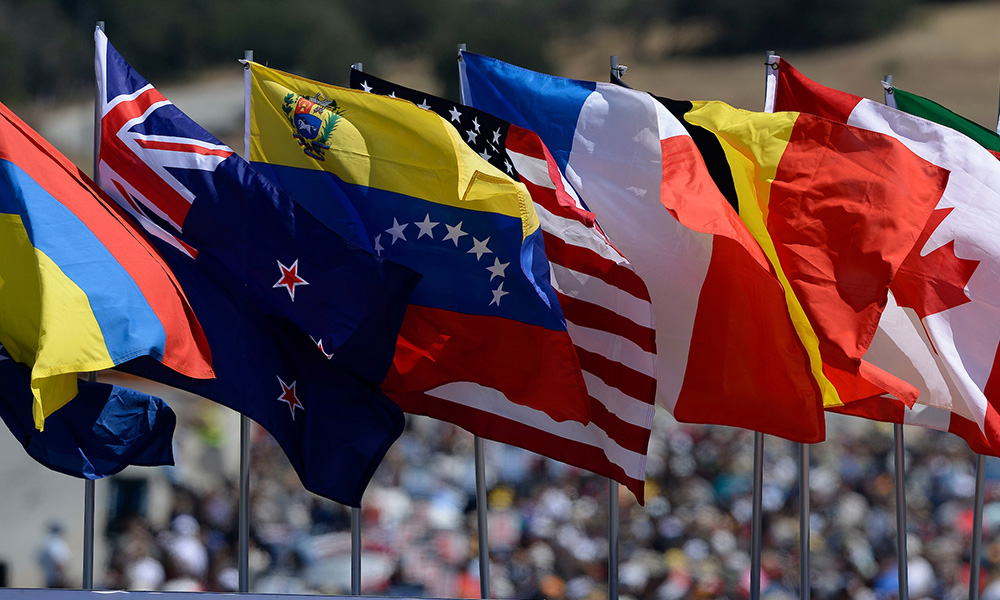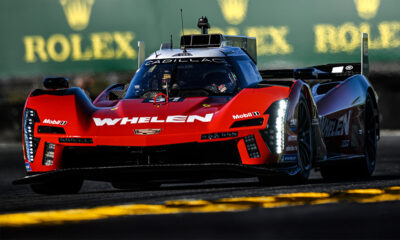
Photo: Rick Dole/IMSA
Foreign drivers currently outside the U.S. will be allowed entry into the country for upcoming IMSA races as part of a deal reached with the sanctioning body and the U.S. Department of Homeland Security this week.
Acting Secretary Chad Wolf met with IMSA and NASCAR executives in Daytona Beach, Fla. on Wednesday to finalize the arrangement, which will see the DHS allow exemptions for IMSA’s foreign professional drivers, essential staff and their dependents.
It comes less than a week after an initial list of U.S.-based professional sports leagues were given exemptions for its foreign athletes to cross the border. At the time, no forms of motorsport were listed.
Nearly 40 percent of the IMSA paddock would have been directly impacted by the current travel ban that has been in place for arriving passengers from the European Union, the UK, China and Iran since mid-March due to the coronavirus pandemic.
U.S. President Donald Trump added Brazil to the travel ban this week, although both Pipo Derani and Felipe Nasr have since arrived in Miami prior to the official start of the restriction.
“During the meeting, Secretary Wolf confirmed that motorsports are included and is considered a covered league by the recent DHS order dated May 22,” IMSA President John Doonan said.
Secretary Wolf added: “Sports are vital to the economic reopening of America and to reigniting the American spirit. We look forward to IMSA returning to racing at your upcoming event on July 4 at Daytona.”
The exceptions are expected to allow a number of foreign-based drivers including DPi championship leader Renger van der Zande, Mazda’s Harry Tincknell and Oliver Jarvis, Antonio Garcia and Oliver Gavin of Corvette Racing, BMW factory aces Bruno Spengler and Jesse Krohn, as well as all four Porsche factory drivers, entry into the U.S.
According to a bulletin issued to competitors late Thursday, IMSA is recommending all essential personnel to arrive into the U.S. no later than June 18 in order to respect the “recommended and proper” 14-day self-quarantine period before the Daytona event on July 3-4.
Doonan added: “Updated points of contact information for visa and immigration processing is currently being obtained from the appropriate U.S. government agencies and will be shared as soon as possible.”
Drivers and crew will be able to fly into one of 15 U.S. airports that are currently receiving flights from travel-restricted nations.
Fort Lauderdale-Hollywood International Airport and Miami International Airport are the only two Florida airports currently accepting European flights, although passengers are expected to be able to make connections via other airports to their final destinations.






















